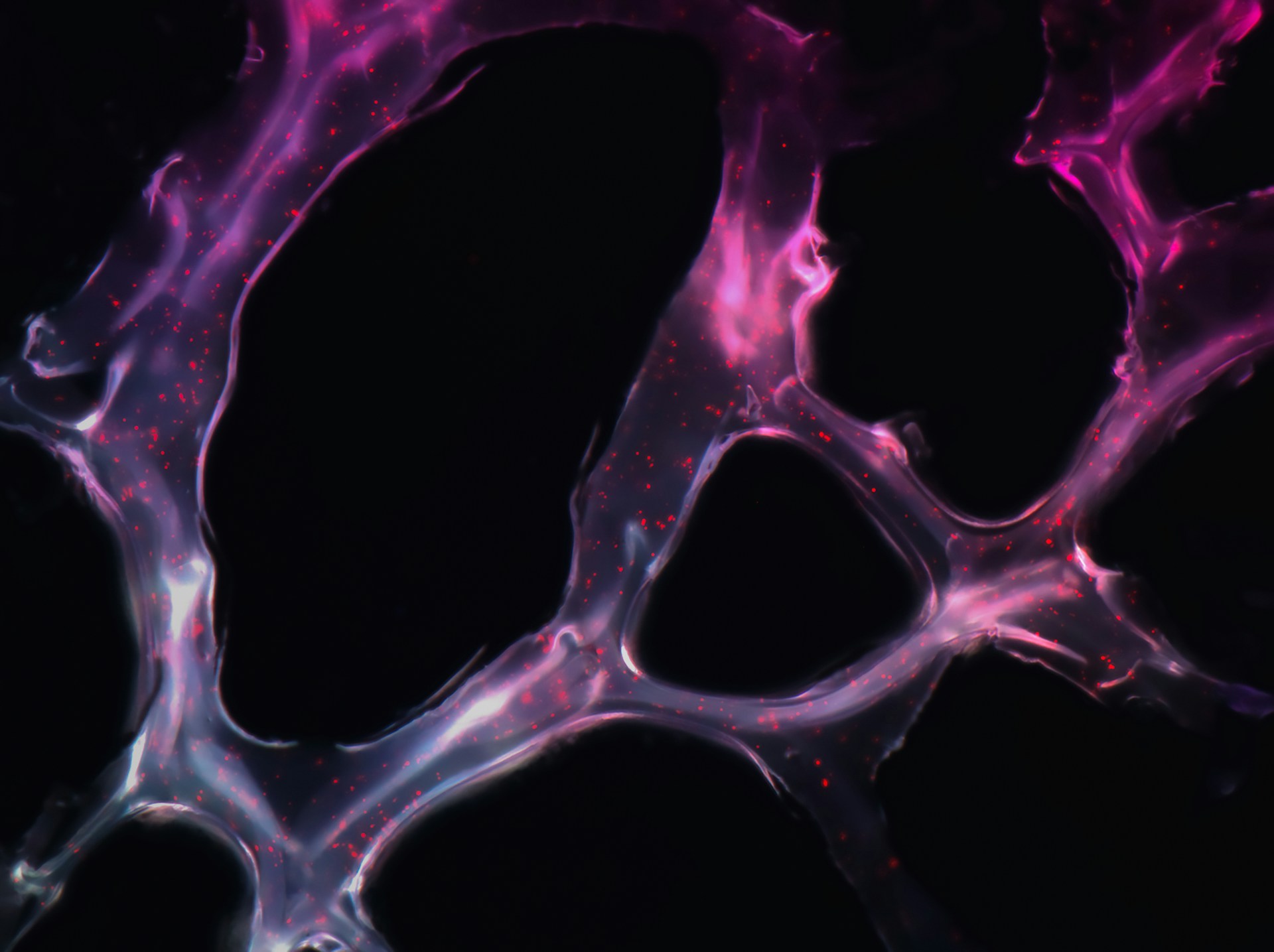Xylitol is a chemical compound that has attracted interest in recent months due to its potential impact on our oral health. While classed as a sweetener, research suggests that xylitol can have a positive effect on our oral health. Now, an expert has explained why this is the case, as well as potential downsides.

Xylitol is a chemical compound that has been receiving significant interest in recent months, due to its impact on oral health.
Despite being classed as a sweetener, it has been suggested that it can help protect us from cavities.
Is this accurate, or is this false? Now, an expert in dentistry has discussed xylitol, and has clarified what is true and what is false about this interesting compound [1].
What is Xylitol?
Xylitol is a sweetener that is derived from the bark of birch trees. Despite being classed as a sweetener, it has been hailed as a compound that can be useful for oral health.
Xylitol is often used as a food additive or substitute for sugar. It is often found in toothpaste and chewing gum. In recent years, it is being added to more and more products.
It is a rather strange concept to think that something that substitutes sugar could be good for our oral health! But scientists believe it could be effective.
Among these scientists is Casey Rhines, who has spoken about xylitol. Rhines is a Clinical Assistant Professor in the Department of Restorative Dentistry and the University of Colorado [1].
How does xylitol impact our oral health?
Rhines has explained that, for context, it isn’t entirely sugar that causes cavities. Instead, sugar is broken down into acid by the bacteria in our mouths. This then causes tooth decay, which eventually results in a cavity forming [1].
This is where xylitol comes in. Rhines explains that bacteria is unable to ferment xylitol, meaning that no acid can be produced from it [1]. Therefore, when xylitol is used rather than sugar, no acid forms, resulting in less cavities. This kills bacteria, resulting in them posing less of a problem.
The bacteria that causes the specific problem is called streptococcus mutans [1]. This is a type of bacteria that naturally occurs in the mouth. Other types of bacteria also contribute to the onset of cavities.
Demineralization is another consequence of acid. Therefore, xylitol is also capable of inhibiting the demineralization process, further aiding against the formation of cavities [1].
Aside from cavities, xylitol also has other oral health benefits. Rhines points out that xylitol helps with something called salivary flow [1].
Furthermore, Rhines has said that salivary flow is often discussed in dentistry. This is because as people age, they tend to take more medications, which often inhibits the production of saliva [1].
Saliva is crucial, and can help with washing away food and plaque from the mouth [1]. Therefore, Rhines points out that chewing an xylitol-based gum can produce a better salivary flow, as chewing stimulates the production of saliva [1].
Rhines has said that when speaking to his patients, he encourages them to use a xylitol-containing chewing gum [1]. Clearly, there are numerous benefits to this!
Overall, Rhines says that xylitol’s benefits for oral health are “rooted in fact, rather than fad” – suggesting that xylitol is very effective [1].
Are there any negatives to xylitol?
Based on the above, you could be forgiven for thinking xylitol is some form of wonder ingredient. However, this isn’t entirely the case.
One of the most important cautions with xylitol is that it is very toxic to animals [1]. Therefore, if you do have animals, you need to be careful with where you store any xylitol-containing products.
For example, dogs can be affected very badly by xylitol consumption. If your dogs are prone to eating your food, you’ll need to be extra careful!
Moreover, if you have too much xylitol, this can result in a bad reaction. Stomach aches and diarrhea are common side effects of over-consumption of xylitol [1]. It is important to remember this.
Is there a daily dosage for xylitol?
Rhines says that the recommended amount of xylitol for the purpose of cavity prevention is 6-10 grams per day [1].
For example, if you are chewing an xylitol-added gum, chewing for about 20 minutes should be enough time to extract the xylitol in there.
Summary
Based on all of the benefits discussed, it is unsurprising that we are seeing xylitol in more and more places. As further research is completed on it, we can expect it to become even more visible.
As well as the comments above, there is some past research to underline xylitol’s impact on oral health. A review of various studies from 1991 to 2014 found that toothpastes including xylitol had a positive impact in terms of reducing tooth decay [2].
It is great to see that more positive steps are being taken towards improving oral health. Xylitol is an example of something that can have a strong impact.
Thinking points…
[1] There are many things that we can all do for our oral health – including consuming xylitol! Something else that is very useful is attending regular dental check-ups. At check-ups, any problems can be discovered and discussed. We recommend that you have a check-up at least once every six months. Why not book in an appointment now?
[2] When you are next doing your groceries, look out for xylitol on the ingredients list of products. You might be surprised! Buying xylitol-containing chewing gum is an easy and cost-effective way of getting xylitol in your diet. As discussed above, this can benefit your oral health.
What we offer at Taradale Dental
Taradale Dental is a dental clinic based in Calgary, Alberta, Canada. At our Calgary dental clinic, we provide a range of services for our patients.
We advise our patients to attend our Calgary dental clinic at least twice per year for a regular dental check-up. At these check-ups, we provide a comprehensive review of a patient’s oral health. If any problems are detected, we have many treatments available. For example, these include cavity fillings and root canals. To strengthen your oral health, we recommend brushing your teeth at least twice a day and flossing regularly.
Here at Taradale Dental, we also have some cosmetic treatments available! These include dental implants, teeth whitening and Invisalign™! Our patients find that these treatments have a positive impact on their appearance, confidence and self-esteem.
Moreover, the fees of our treatments at our Calgary dental clinic Taradale Dental are set in line with the Alberta Dental Fee Guide. This ensures transparent and fair pricing, with no hidden costs.
We hope to see you soon at our Taradale Dental clinic in Calgary! You can find out more about us by visiting our website https://taradaledental.ca/!
References
[1] Casey, C. (2024). Q&A: Is xylitol for your teeth a sweet trend or a true cavity blocker?. Available: https://medicalxpress.com/news/2024-04-qa-xylitol-teeth-sweet-trend.html. Last accessed: 10th April 2024.
[2] Riley, P., Moore, D., Ahmed, F., Sharif, M. O., & Worthington, H. V. (2015). Xylitol‐containing products for preventing dental caries in children and adults. Cochrane Database of Systematic Reviews. DOI: https://doi.org/10.1002/14651858.CD010743.pub2.


